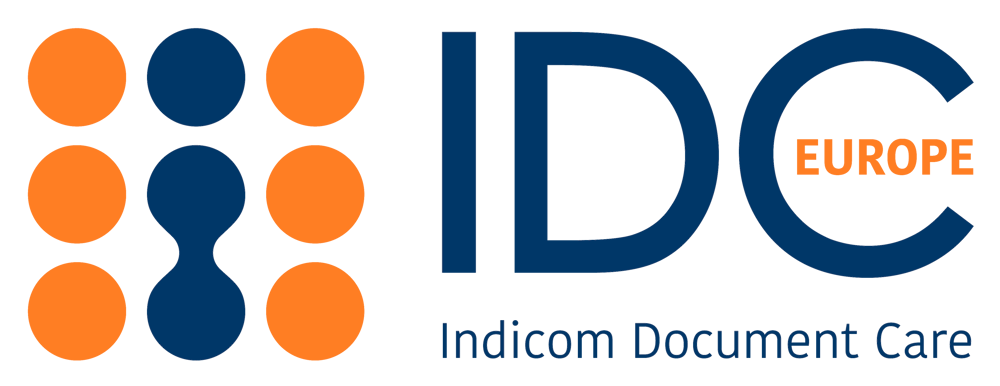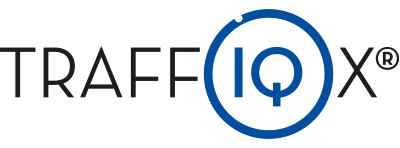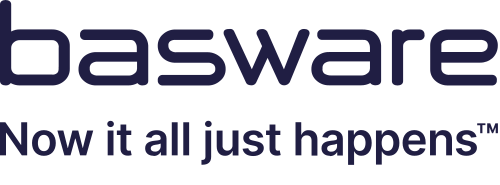Again, the world of e-Invoicing grew a bit more complex. In an effort to reduce bureaucratic requirements particularly from small business owners, the German Ministry of Finance (“BMF”) permanently allows those with revenue below a certain threshold and therefore not owing VAT, to continue to use “regular” invoices.
No need to issue electronic invoices is simpler for Small Business Owners – or is it?
The reasoning appears sound at first glance: if a business is not obliged to declare and pay VAT, there is no added value in forcing them to issue electronic invoices. After all, these invoices do not have to be reported to the tax administration under a future ViDA regulation. The small business owner may continue to use existing habits and produce paper, (plain) PDF – or, voluntarily, actual electronic invoices. This rule is added as new §34a to the VAT tax execution order (Umsatzsteuer-Durchführungsverordnung – UStDV) by article §29 of the Annual Tax Law 2024 (JStG – Drucksache 529-24) as approved by the Bundesrat on 22.11.2024.
On second thought, the simplifications seem less attractive and may result in permanent extra effort in the private sector. First, the mandate to be able to receive electronic invoices still applies to small businesses, regardless of revenue. Therefore, inbound invoice handling will likely have to switch to using an invoicing software or online service. Chances are that this tool covers electronic outgoing invoices as well, reducing the benefit of using non-structured invoice to the small business owner to close to zero. Secondly, and more importantly, invoicing complexity on the other side rises significantly when buying from those small businesses. Their buyers need to continue to be able to manually or otherwise handle non-structured invoices – in addition to handling structured inbound invoices from larger businesses, of course. The choices are either to incur this extra effort, or ask the small business supplier to issue an electronic invoice – or stop doing business with them, leading to a clear business disadvantage. Either way, the system as a whole is more complex again than before, for at least some of those involved.
Invoices need to be kept 8 years only, instead of 10 – that helps, doesn’t it?
In separate legislative action, the government now requires to keep accounting documents for only 8 years instead of the previously customary 10 years. This includes the records used for invoices. The intent, again, is to simplify bookkeeping and tax accounting particularly to small business which may struggle to keep a full 10 years of records in their archives. The change becomes effective in 2025 and is coded in the Levy Order (§147, Abgabenordnung (AO)) in connection with the Commercial Law (§257, Handelsgesetzbuch (HGB)).
In practical life, since many other documents still need to be kept for 10 years, it may actually be simplest to (continue to) store everything for 10 years. Particularly for small business owners, the extra 2 years of documents may not include that many to begin with, and not amount to much (electronic) storage requirement. On the other end of the spectrum, larger companies looking to limit their exposure may want to use this new rule – balancing the reduction in risk and storage against the added complexity of managing multiple storage periods for different types of accounting documents. In both cases, a simplification is hard to detect.
Well intended doesn’t mean well done
In summary, both initiatives are certainly well-intended – particularly when thinking about the more than 3.5 million SMEs in the German economy. The effect, however, may at best be to avoid an increase in exceptions and added complexity – by voluntarily adhering to the obligations as planned or effective before these changes. And this handily disregards the cost of issuing the changes in the political and legislative system…









